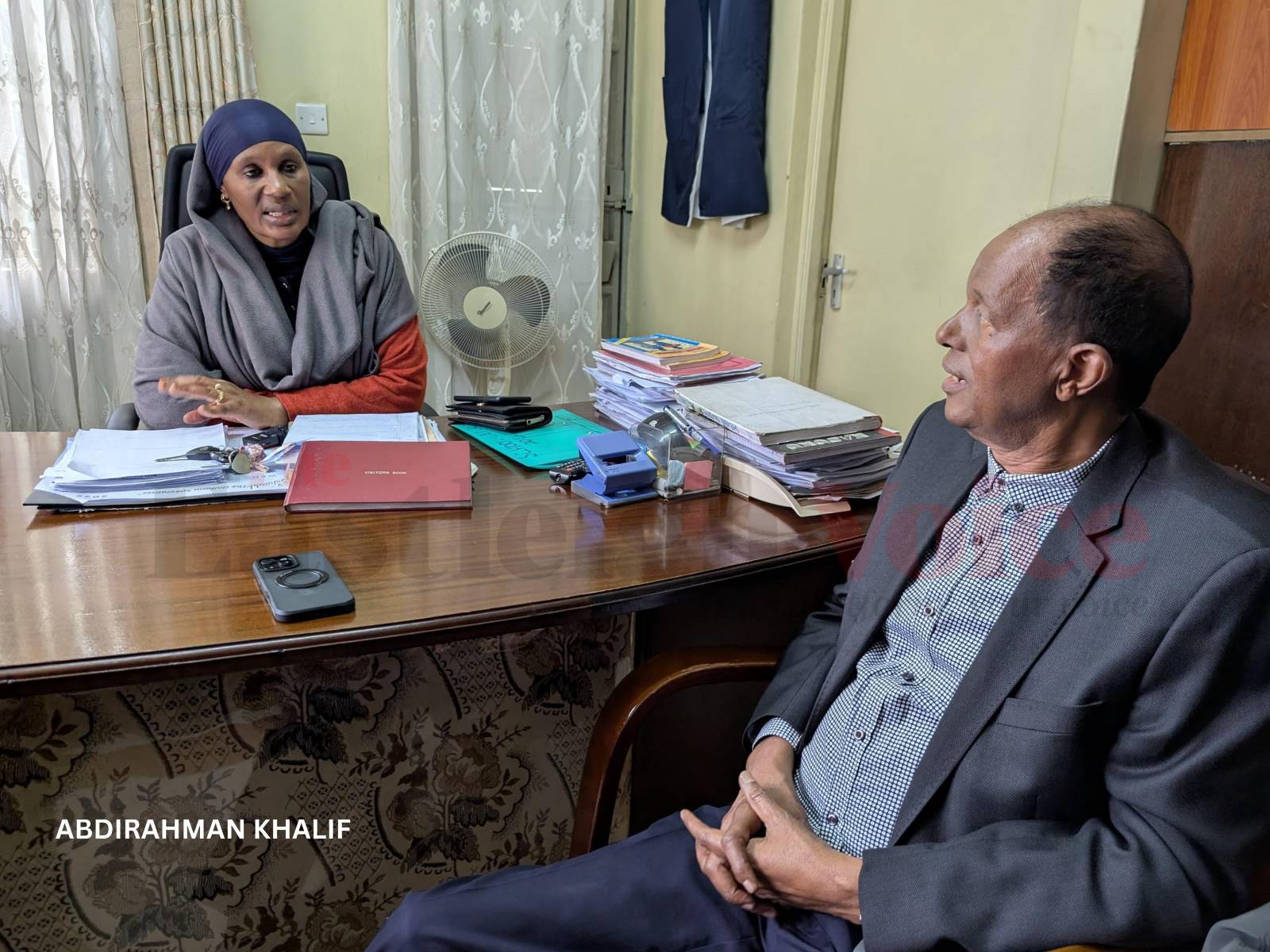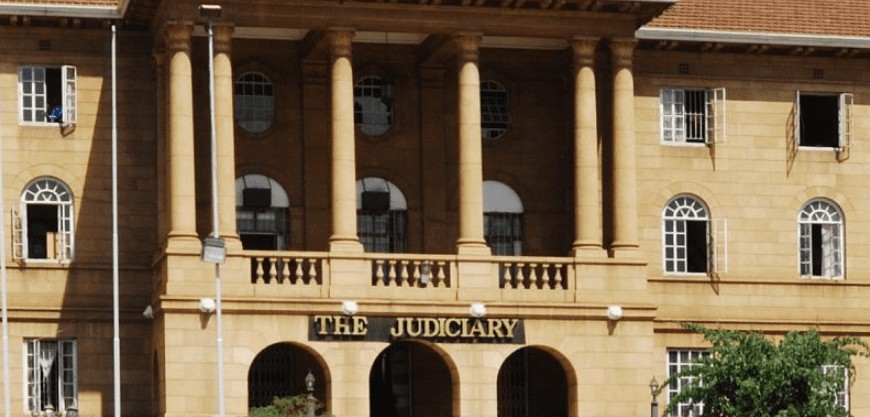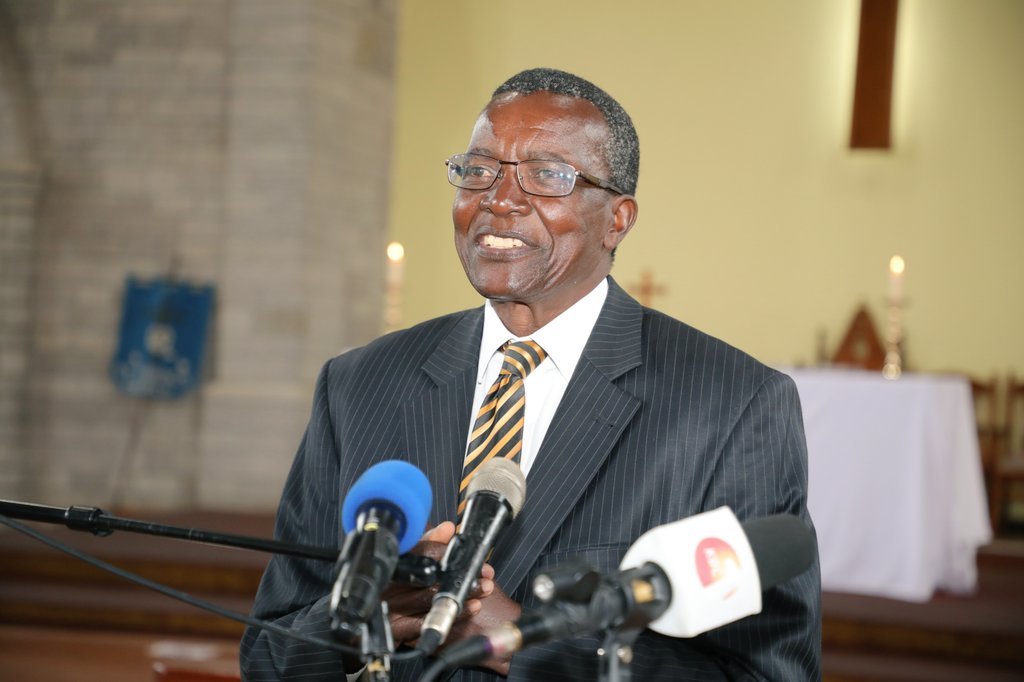World marks UN day honouring victims of religion-based violence

The day was set aside by a resolution of the UN General Assembly in 1981 to enhance the implementation of existing legal regimes that protect individuals against discrimination and hate crimes resulting from one's religion or belief.
Today, August 22, the world marks the United Nations day to commemorate victims of acts of violence based on religion or belief.
The day was set aside by a resolution of the UN General Assembly in 1981 to enhance the implementation of existing legal regimes that protect individuals against discrimination and hate crimes resulting from one's religion or belief.
It seeks to encourage open, constructive, and respectful debate of ideas, as well as interreligious, interfaith, and intercultural dialogue, at the local, national, regional, and international levels, seeing that such can play a positive role in combating religious hatred, incitement, and violence.
More To Read
- UN calls for unity, support on day of remembrance for terrorism victims
- US offers Sh1.3 billion reward for information on ISIS-Somalia financial networks
- UN commander welcomes Rwandan troops to South Sudan
- South Sudanese ‘are counting on us’, top UN official tells Security Council
- One million women, girls in Gaza face mass starvation: UN agency
- Trapped in Gaza: Palestinians with disabilities cannot reach aid
This is after it was noted that the disregard and infringement of human rights and fundamental freedoms, in particular of the right to freedom of thought, conscience, religion or whatever belief, had brought, directly or indirectly, wars and great suffering to mankind, especially where they served as a means of foreign interference in the internal affairs of other States and amount to kindling hatred between peoples and nations.
"By proclaiming an International Day Commemorating the Victims of Acts of Violence Based on Religion or Belief, the General Assembly recalled that States have the primary responsibility to promote and protect human rights, including the human rights of persons belonging to religious minorities, including their right to exercise their religion or belief freely," the UN stated.
The global agency said that acts of intolerance and violence based on religion or belief against individuals, including against persons belonging to religious communities and religious minorities around the world, continue today, with the number and intensity of such incidents, which are often criminal in nature and have international characteristics, on the rise.
"Upholding these rights plays an important role in the fight against all forms of intolerance and discrimination based on religion or belief. Increasing interreligious, interfaith and intercultural efforts and expanding human rights education are important first steps in combating incidents of intolerance, discrimination and violence against individuals based on religion or belief," said the UN.
As a party to the International Covenant on Civil and Political Rights, Kenya recognises the freedom of religion and fosters inter-religious tolerance through constant inter-faith dialogues on matters affecting the nation.
Schools under the national education curriculum administer mandatory religious education classes. However, students who do not subscribe to the religions can opt out after the Court of Appeal ruled in May 2023 that schools cannot force students to abandon their core religious beliefs.
However, these freedoms have in the recent past been abused by unscrupulous persons masquerading as religious leaders who have lured innocent Kenyans to suspected cult deaths in Kilifi County, prompting the government to form a task force to review the legal and regulatory framework governing religious organisations in the country.
The task force sought to identify gaps in the country's legal, institutional, and governance frameworks that allowed the starvation deaths in Shakahola of several hundred followers of Pastor Paul Makenzi, allegedly on his instructions, to occur without notice by authorities.
Last year, the US' International Religious Freedom Report for Kenya noted that some predominantly Muslim ethnic groups, including Kenyan Somalis and Nubians, continued to report difficulties obtaining government identification cards.
"These communities stated government officials at times requested supporting documents not required by law and implemented vetting processes in a biased manner," the report stated.
The challenge was, however, addressed with the ban on vetting for IDs, a move made by President William Ruto to end discrimination against Muslims while obtaining the vital document.
Top Stories Today















































